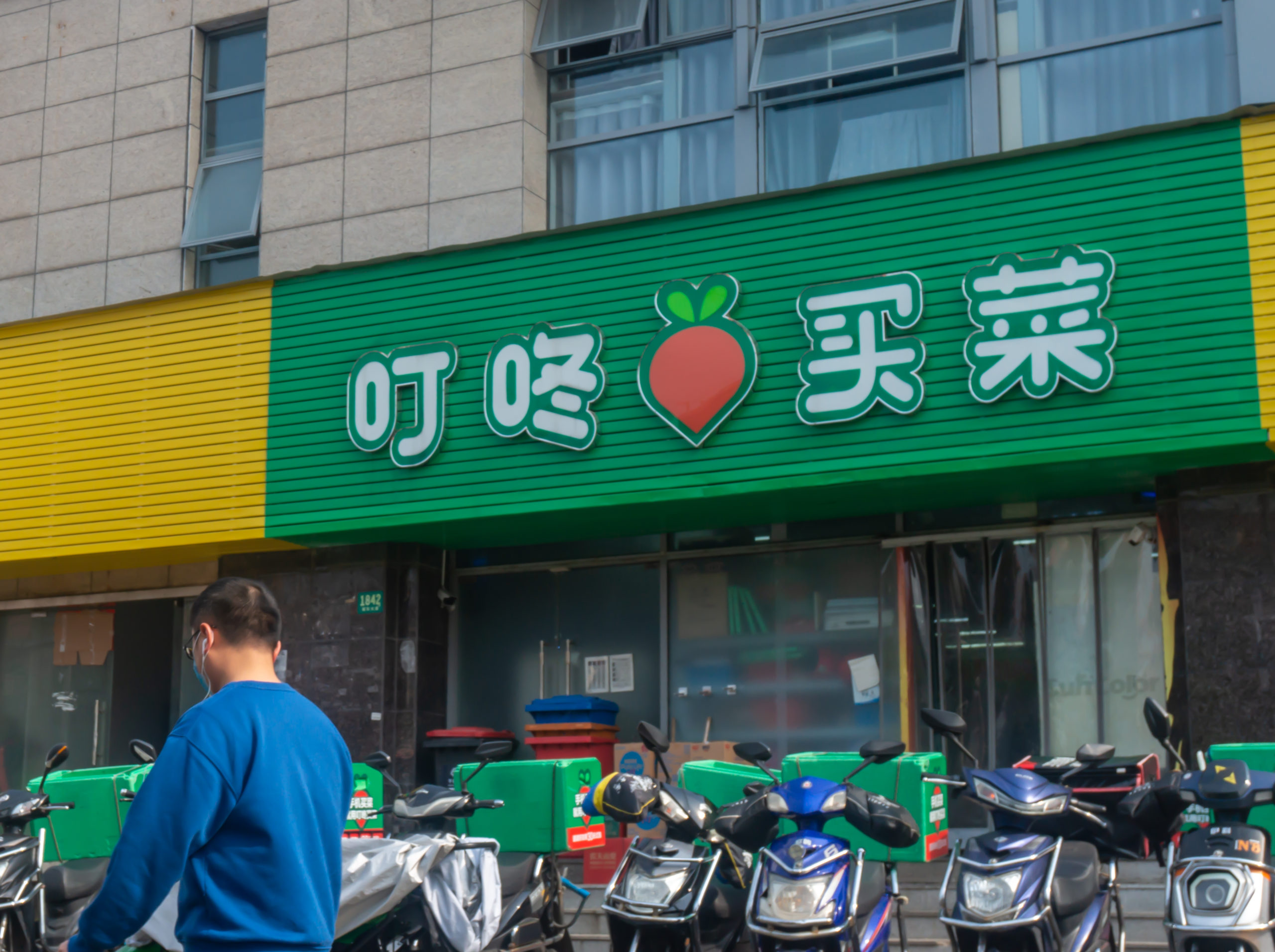Dingdong Maicai, a fresh food e-commerce company in China, has achieved nationwide profitability six years after its establishment, setting an example for other fresh food e-commerce companies in the country. The company’s success can be attributed to its focus on operational efficiency and cost control, as well as its transition to becoming a “food e-commerce” company by expanding its category beyond fresh food.
The fresh food e-commerce industry in China has been struggling with profitability due to high operational costs and low profit margins. As a result, many companies in the industry have had to close down or transform their business models. However, Dingdong Maicai has managed to achieve profitability ahead of schedule, much to the surprise of industry experts.
The company’s founder and CEO, Liang Changlin, had previously shared his vision of realizing the company’s profitability in three steps. The company managed to achieve these steps ahead of schedule, which is a testament to its operational efficiency and cost-control strategies. The company has been controlling its performance costs and marketing expenses to improve profitability, and this has paid off as it has become profitable nationwide.
Dingdong Maicai has also been expanding its categories beyond fresh food to become a “food e-commerce” company. The company is now selling prefabricated vegetables and potentially other food products, which will allow it to attract more customers and increase its revenue streams. This transition will also help the company to diversify its offerings and reduce its dependence on fresh food sales.
Meanwhile, another e-commerce giant in China, JD.com, is testing a shopping project in the fresh food e-commerce sector. Unlike Dingdong Maicai’s self-operated model, JD.com‘s strategy is to strengthen its platform construction and provide a supply base for warehouses and fresh food supermarkets. The platform model allows JD.com to focus on providing the infrastructure for fresh food e-commerce rather than operating its own stores.
However, JD.com‘s “instant retail” model, which aims to cover daily necessities and big-ticket commodities, is facing a threat from Meituan, who is becoming a significant player.
As more companies enter the field of “instant retail,” a new melee is expected to break out in the future. The fresh food e-commerce industry is rapidly evolving, and companies that can adapt quickly and efficiently to the changing landscape will likely emerge as winners. Dingdong Maicai’s success in achieving nationwide profitability is a testament to the importance of operational efficiency and cost control in this industry, and it will be interesting to see how the industry continues to evolve in the coming years.

